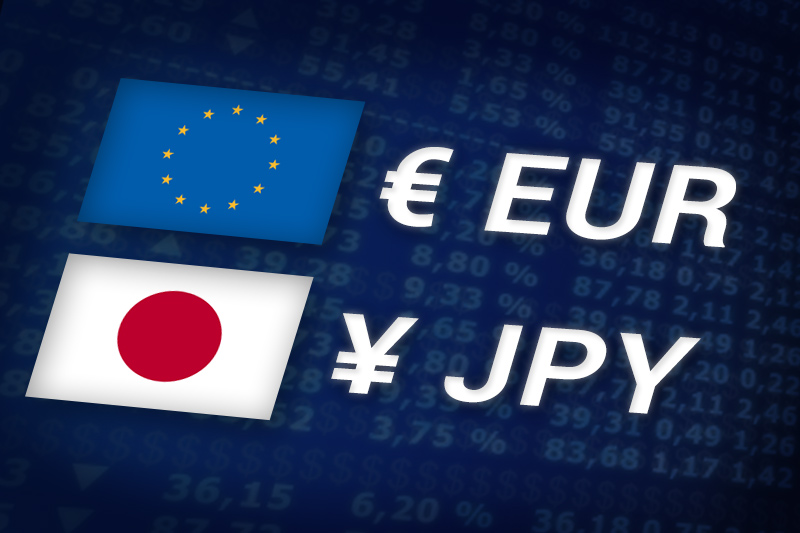Investing.com - The euro rose to a three-day high against the yen on Wednesday, lifted by reports that the International Monetary Fund is looking at ways to increase its lending capacity and comments by Fitch’s ratings agency.
EUR/JPY hit 98.63 European afternoon trade, the pair’s highest since Friday; the pair subsequently consolidated at 98.52, gaining 0.69%.
The pair was likely to find support at 97.02, Monday’s low and an 11-year low and resistance at 98.84, the high of January 6.
The euro strengthened broadly following media reports that the IMF wants to reach an agreement on enlarging its lending capacity to USD1 trillion, from the existing USD385 billion, to insulate the global economy from the effects of the financial crisis in the single currency bloc.
The single currency also found support after Reuters reported that an analyst at Fitch said the agency did not expect Italy to default.
The euro weakened in early trade after Fitch’s flagged a potential two-notch downgrade for Italy.
Also Wednesday, Greek Prime Minister Lucas Papademos was resuming talks with bond holders to discuss a voluntary write-down on Greece’s sovereign debt.
Greece needs to secure an agreement on restructuring its debt in order to access new bailout funds and avert a default when an EUR14.4 billion bond redemption comes due on March 20.
The euro was also higher against the U.S. dollar, with EUR/USD rising 0.67% to hit 1.2823.
Earlier Wednesday, Japanese Finance Minister Jun Azumi warned against the appreciation of the yen, signaling his readiness to curb the currency’s gains, although he said Japan could not intervene in the same way Switzerland has.
EUR/JPY hit 98.63 European afternoon trade, the pair’s highest since Friday; the pair subsequently consolidated at 98.52, gaining 0.69%.
The pair was likely to find support at 97.02, Monday’s low and an 11-year low and resistance at 98.84, the high of January 6.
The euro strengthened broadly following media reports that the IMF wants to reach an agreement on enlarging its lending capacity to USD1 trillion, from the existing USD385 billion, to insulate the global economy from the effects of the financial crisis in the single currency bloc.
The single currency also found support after Reuters reported that an analyst at Fitch said the agency did not expect Italy to default.
The euro weakened in early trade after Fitch’s flagged a potential two-notch downgrade for Italy.
Also Wednesday, Greek Prime Minister Lucas Papademos was resuming talks with bond holders to discuss a voluntary write-down on Greece’s sovereign debt.
Greece needs to secure an agreement on restructuring its debt in order to access new bailout funds and avert a default when an EUR14.4 billion bond redemption comes due on March 20.
The euro was also higher against the U.S. dollar, with EUR/USD rising 0.67% to hit 1.2823.
Earlier Wednesday, Japanese Finance Minister Jun Azumi warned against the appreciation of the yen, signaling his readiness to curb the currency’s gains, although he said Japan could not intervene in the same way Switzerland has.
